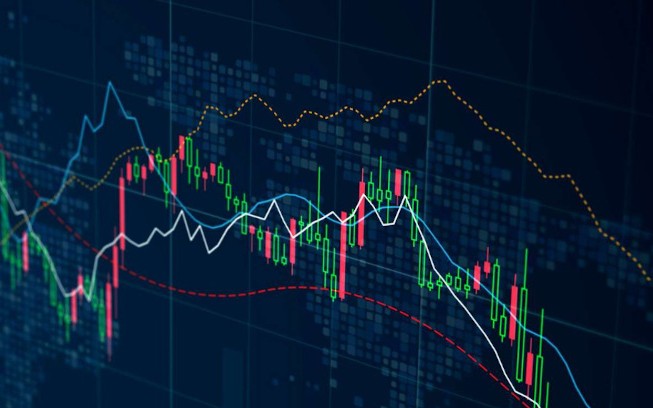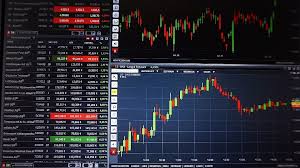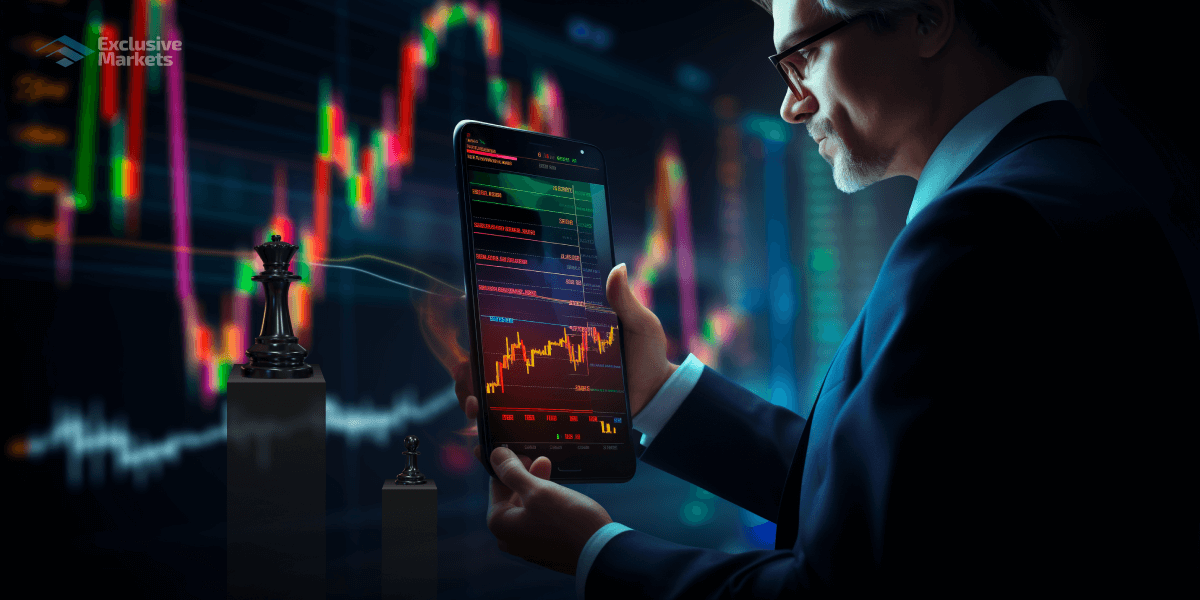
Unlocking the World of Online Forex Trading
Online forex trading has revolutionized the way individuals participate in financial markets. Trading foreign exchange allows investors to exchange currencies 24 hours a day, five days a week, providing numerous opportunities for profit. As the world’s largest financial market, the forex market offers unparalleled liquidity and the potential for significant returns on investment. To successfully navigate this dynamic environment, traders need to understand the fundamental aspects of forex trading, including strategy development, risk management, and finding reliable resources. One such resource can be found through online forex trading South Africa Brokers, which help traders make informed decisions.
Understanding the Forex Market
The forex market is a decentralized global marketplace where currencies are traded. Unlike stock markets, forex operates through a network of banks, brokers, and financial institutions, enabling professionals and retail traders to buy and sell currencies simultaneously. The primary purpose of trading currencies is to profit from fluctuations in exchange rates.
The forex market operates with a unique set of jargon and mechanics that can be intimidating for new traders. Here are some fundamental concepts to understand:
- Currency Pairs: Currencies are traded in pairs (e.g., EUR/USD), where the first currency is known as the base currency and the second as the quote currency. Traders speculate on the rise or fall of one currency against another.
- Pips: A pip (percentage in point) is the smallest unit of measurement in forex trading, representing the price movement between two currencies.
- Leverage: Forex brokers offer leverage to traders, which allows them to control larger positions with a smaller amount of capital. This can amplify profits but also increases potential losses.
Benefits of Online Forex Trading
1. Accessibility: Online forex trading platforms are readily accessible through computers and smartphones, making it easy for anyone to start trading with just a few clicks.
2. High Liquidity: The forex market is the most liquid financial market in the world, with trillions of dollars traded each day. This liquidity ensures that traders can enter and exit positions quickly without significant price changes.
3. Diverse Trading Options: The forex market offers a wide range of currency pairs to trade, enabling traders to diversify their portfolios and take advantage of economic events across the globe.

4. 24-Hour Market: The continuous operation of the forex market allows traders to analyze market trends and execute trades at any time that suits them, providing flexibility for those with busy schedules.
Risks in Online Forex Trading
While the forex market presents numerous opportunities, it also carries inherent risks that traders must acknowledge:
1. Volatility: Currency prices can be extremely volatile, leading to rapid changes in value that can result in significant losses.
2. Leverage Risk: Although leverage can magnify gains, it also increases the risk of substantial losses, which can exceed the initial investment.
3. Market Manipulation: The decentralized nature of the market leaves it vulnerable to manipulation by large financial institutions and traders, which can create unfair trading conditions.
Developing a Trading Strategy
To succeed in online forex trading, developing a well-defined trading strategy is crucial. A trading strategy outlines how a trader intends to enter and exit the market, manage risk, and optimize returns. Here are some common approaches:
- Technical Analysis: This approach involves analyzing historical price charts and using various indicators to predict future price movements.
- Fundamental Analysis: Fundamental analysts examine economic indicators, political events, and market news to anticipate currency movements.
- Sentiment Analysis: This method focuses on understanding the overall market sentiment, assessing whether traders are bullish or bearish toward a currency.
The Importance of Risk Management

Effective risk management is essential for long-term success in forex trading. By managing risk, traders can protect their capital and withstand market fluctuations. Here are some key risk management techniques:
1. Use Stop-Loss Orders: A stop-loss order automatically closes a position at a predetermined price to limit losses.
2. Position Sizing: Determining the size of each trade relative to the overall account balance ensures that no single trade can have a devastating impact on the portfolio.
3. Diversification: Diversifying trading positions across multiple currency pairs can help mitigate risk, as it reduces dependence on a single market movement.
Choosing the Right Broker
Selecting a reliable forex broker is critical for successful trading. Factors to consider include:
1. Regulation: Ensure that the broker complies with regulatory authorities to safeguard investments.
2. Trading Platform: Evaluate the broker’s trading platform for user-friendliness, available tools, and features that facilitate trading.
3. Customer Support: Responsive customer support can make a significant difference when traders encounter issues.
Conclusion
Online forex trading offers limitless opportunities for individuals seeking to explore and invest in financial markets. By understanding the intricacies of this dynamic landscape, developing a solid trading strategy, implementing risk management practices, and selecting the right broker, traders can enhance their chances of success. As you embark on your forex trading journey, remember that continuous learning and practice are vital to mastering this complex yet rewarding field.


